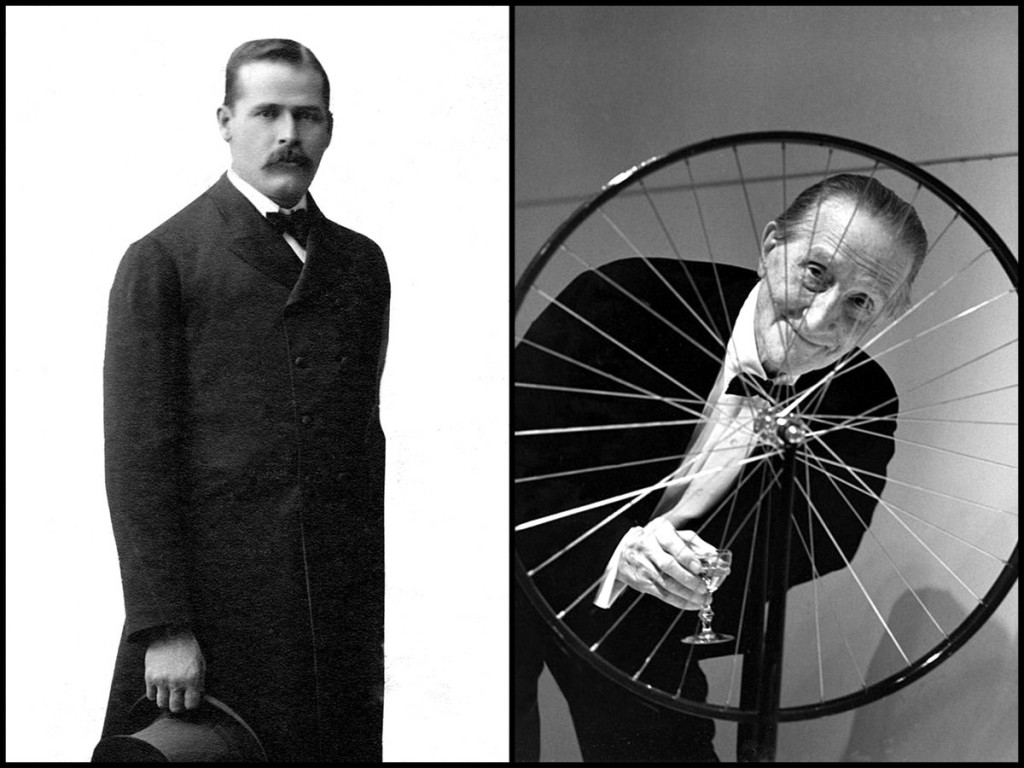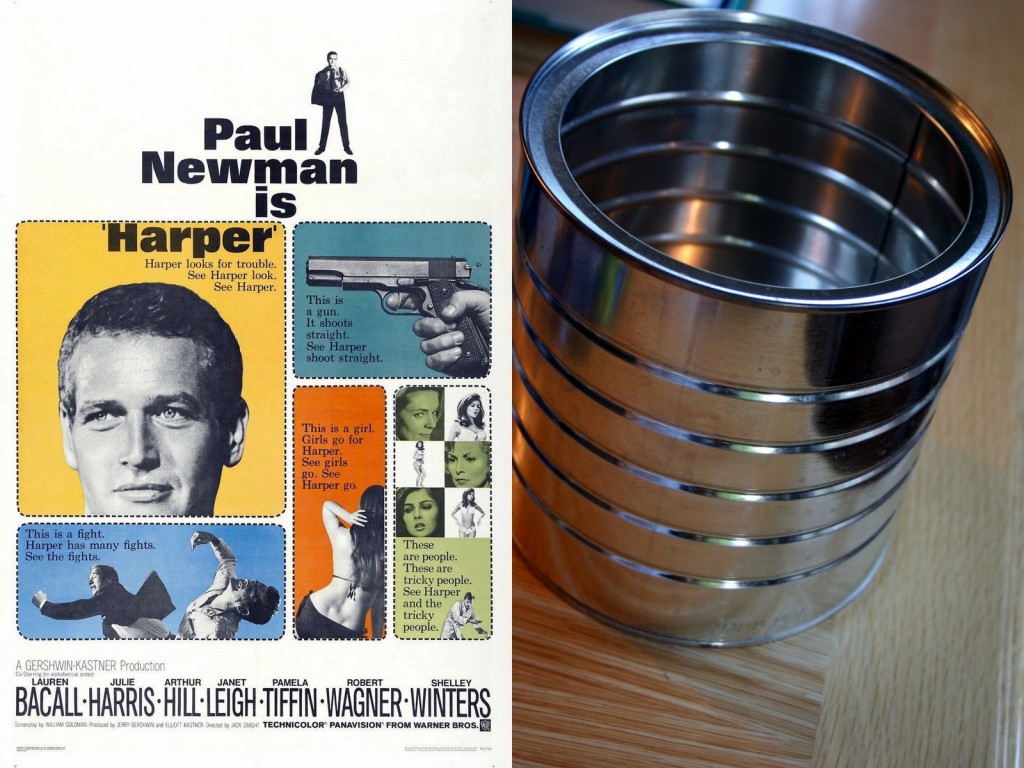John Hicks
Original shot and edited footage by John Hicks. Recombined by Derek Bridges. You know, for the fun…
A hoax is contrived in order to deceive or mislead, an imposition carried out under fair pretenses….
It’s easy to pay lip service to education. Show me a politician who doesn’t have an education…
1. The Alien There are so many great monster movies. Monsters from the deep. Monsters from outer…
The first chapter of John L. Sheppard’s latest novel Alpha Mike Foxtrot (Paragraph Line Books) drops us…
Harry Alonzo Longabaugh was born on April 19, 1868, in Phoenixville, Pennsylvania.
Henri-Robert-Marcel Duchamp was born July 28, 1887, in Blainville, France.
Longabaugh (AKA the Sundance Kid) was the third son of Josiah and Annie Longabaugh.
Duchamp (who created for himself a feminine alter ego, Rrose Selavy) was the third son of Eugene and Lucie Duchamp.
Longabaugh joined the Phoenixville Literary Society in 1882.
Duchamp became a full member of the Paris Autumn Salon in 1910.
After a brief journey that took him to Philadelphia, New York City, and Boston, the 14-year-old Longabaugh boarded a train headed west.
After obtaining his baccalaureate from the Bousset School in Rouen, Duchamp moved to Paris. Following a year of mandatory military service, he rejoined his bohemian circle in Paris.
In February 1889, Thomas Moonlight, governor of the Territory of Wyoming, pardoned Longabaugh, noting that the 20-year-old horse thief showed “an earnest desire to reform.”
In June 1921, Duchamp made a strong impression on Dada kingpin Andre Breton, who credited him with an “elegance of the most fatal sort.”
The first scene in the movie Harper (1966) tells you all you need to know about Paul Newman’s character, a skeevy private eye with a heart of gold named Lew Harper.
Harper wakes up in his crummy apartment, somewhat less than overjoyed by consciousness. He fights with the alarm clock. He soaks his head in a sinkful of water and ice cubes. He tries to make coffee. The water comes to a boil on the stove. He opens the coffee can. Empty.
After a beat, he fishes the previous day’s soggy filter out of the trash and makes do. It’s a fantastic bit of exposition, and the movie that follows is just as sharp.
The screenplay was written by William Goldman, who once tossed off what is arguably the greatest maxim ever about Hollywood: “Nobody knows anything.”
Goldman was specifically referring to whether or not a movie would do well at the box office after its release, but the line is now used most frequently as a club with which to bash studio executives.
Goldman adapted the script from Ross Macdonald’s 1949 novel The Moving Target, the first of 18 “Lew Archer” novels that cemented Macdonald’s place in the first rank of crime-fiction writers.
Legend has it that Newman requested the character’s last name be changed from Archer to one that started with an “H.” At the time, Newman was riding a lucky streak with the consonant.


